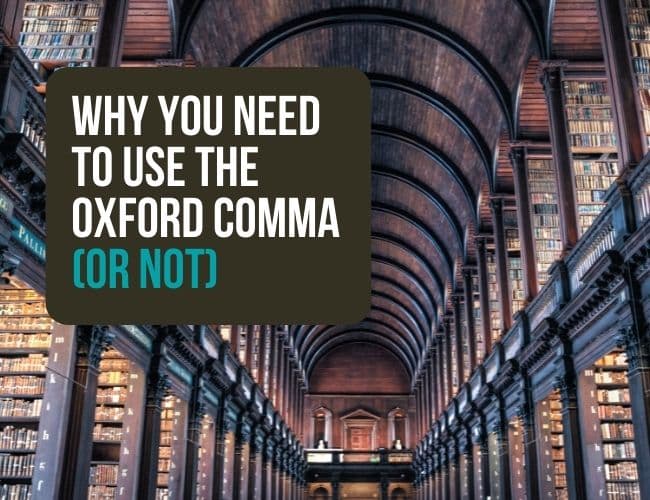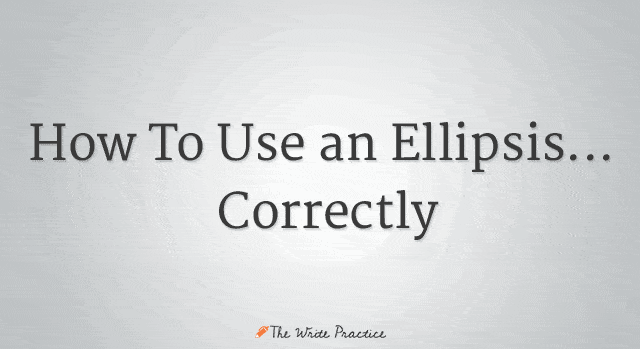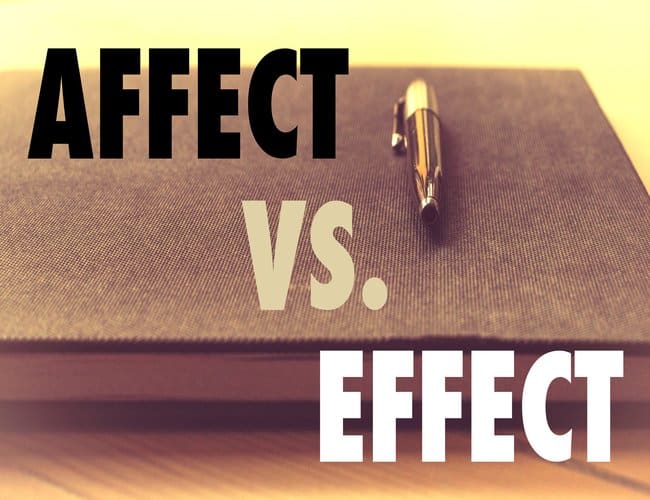
by Liz Bureman and Sue Weems |
Most of the fun of writing is using your words to tell a story. They course across the page, delighting in the joys of Maureen finally finding her Henry, shuddering as Ingrid uncovers her third dead body of the day, or mourning with Carlos for his lost mother. But I’m not here to talk about words. I’m here to sing the praises of punctuation; specifically, the Oxford comma.
Most people I’ve met have no idea what the Oxford comma is, but it’s probably something that you have used in the past. What is it?

by Liz Bureman |
Here at the Write Practice, we have love for all punctuation marks: commas, semicolons, question marks. Today we’re discussing that trio of periods that make up the ellipsis.
What’s an ellipsis?

by Liz Bureman |
The primary rule of thumb when it comes to affect and effect is the following:
Affect is a verb. Effect is a noun.
Knowing this will generally get you through most confusion between these two words.
by Liz Bureman |
I’ve recently gotten my roommates to watch Arrested Development with me, which is great because Netflix released the new season a couple weeks ago (which I still haven’t watched), so the three of us are working through the first three seasons together. We’re pretty much all snickering through each episode. But that’s the whole point of comedy, right?
Welcome to the last of the seven basic plots: the Comedy.
by Liz Bureman |
Hard to believe as it may be, we’re down to the final two basic plots, but they’re also the two most well known.
These two basic plot types make up the two halves of the drama masks that represent classic theatre, and you can categorize most of Shakespeare’s plays into one of the two.
Today’s basic plot: the tragedy.





